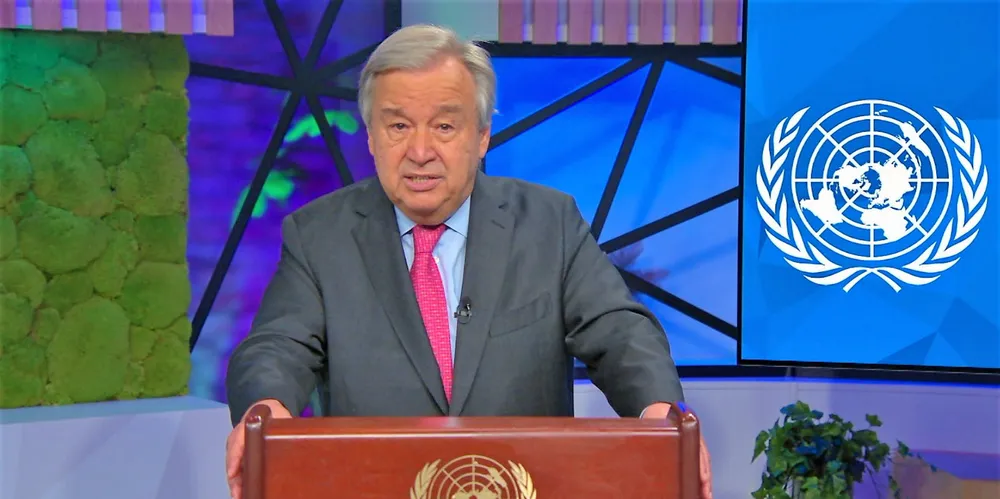'Now or never' | UN climate experts say emissions must peak by 2025 to stave off catastrophe
Third working group says renewables-led 'immediate and deep reductions' needed as secretary general lambasts 'lies' of high-emitting nations and corporations
